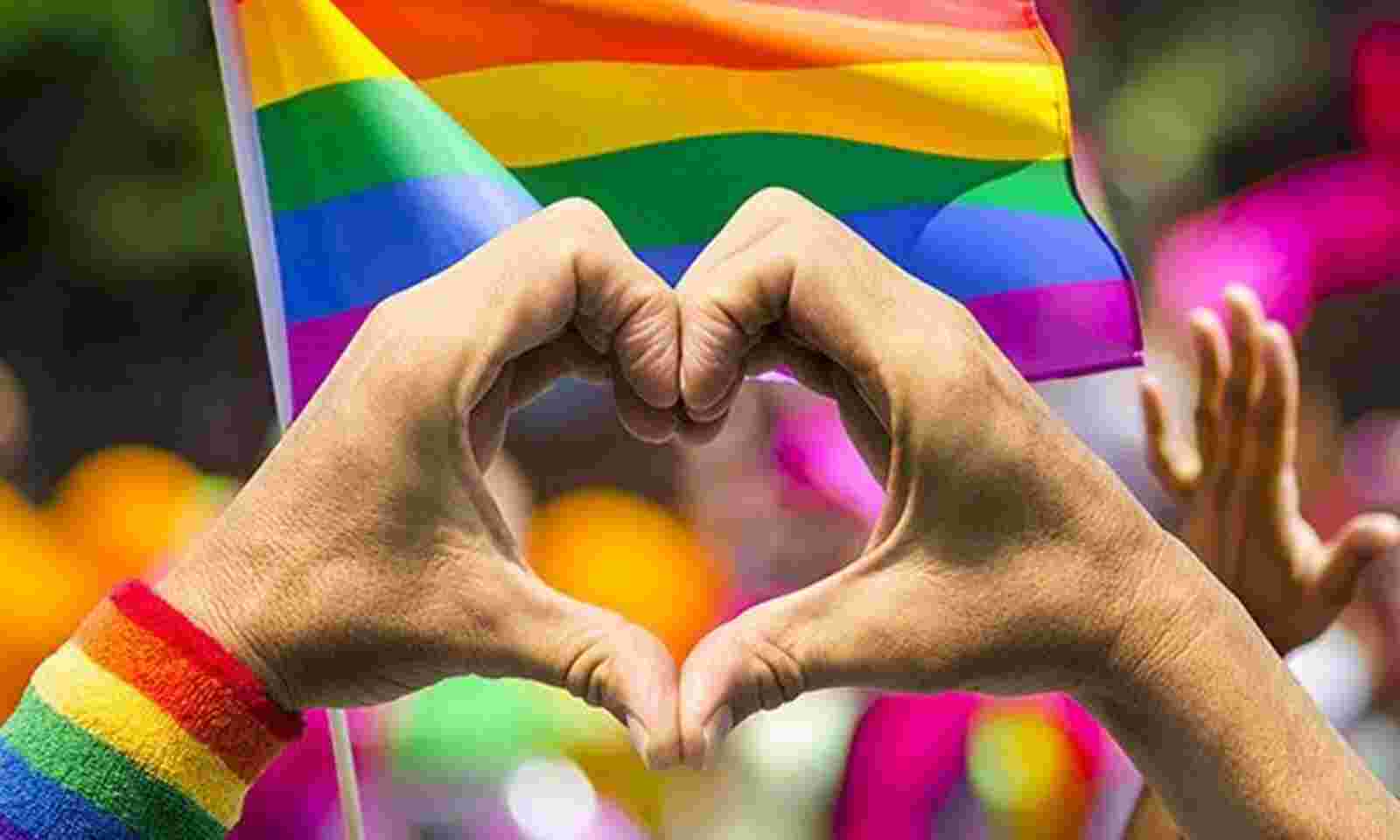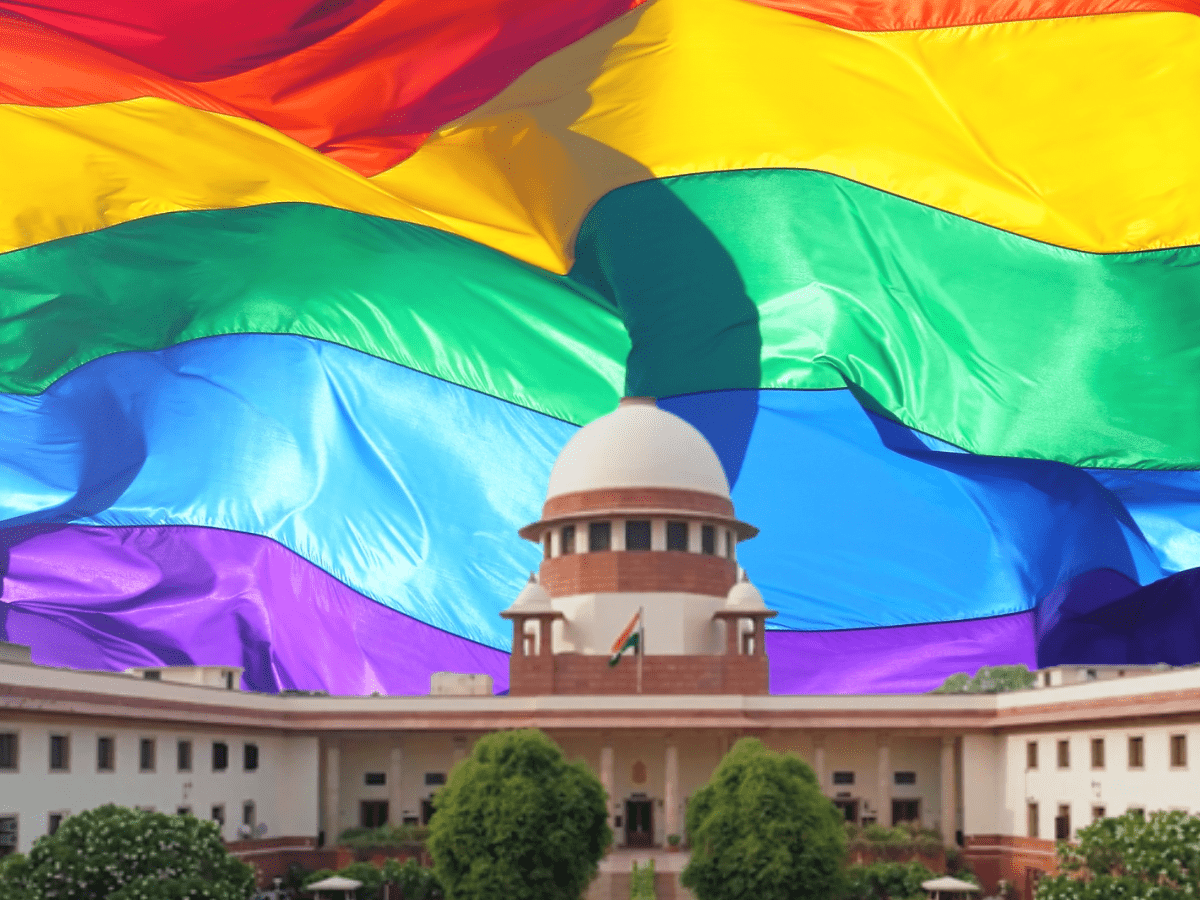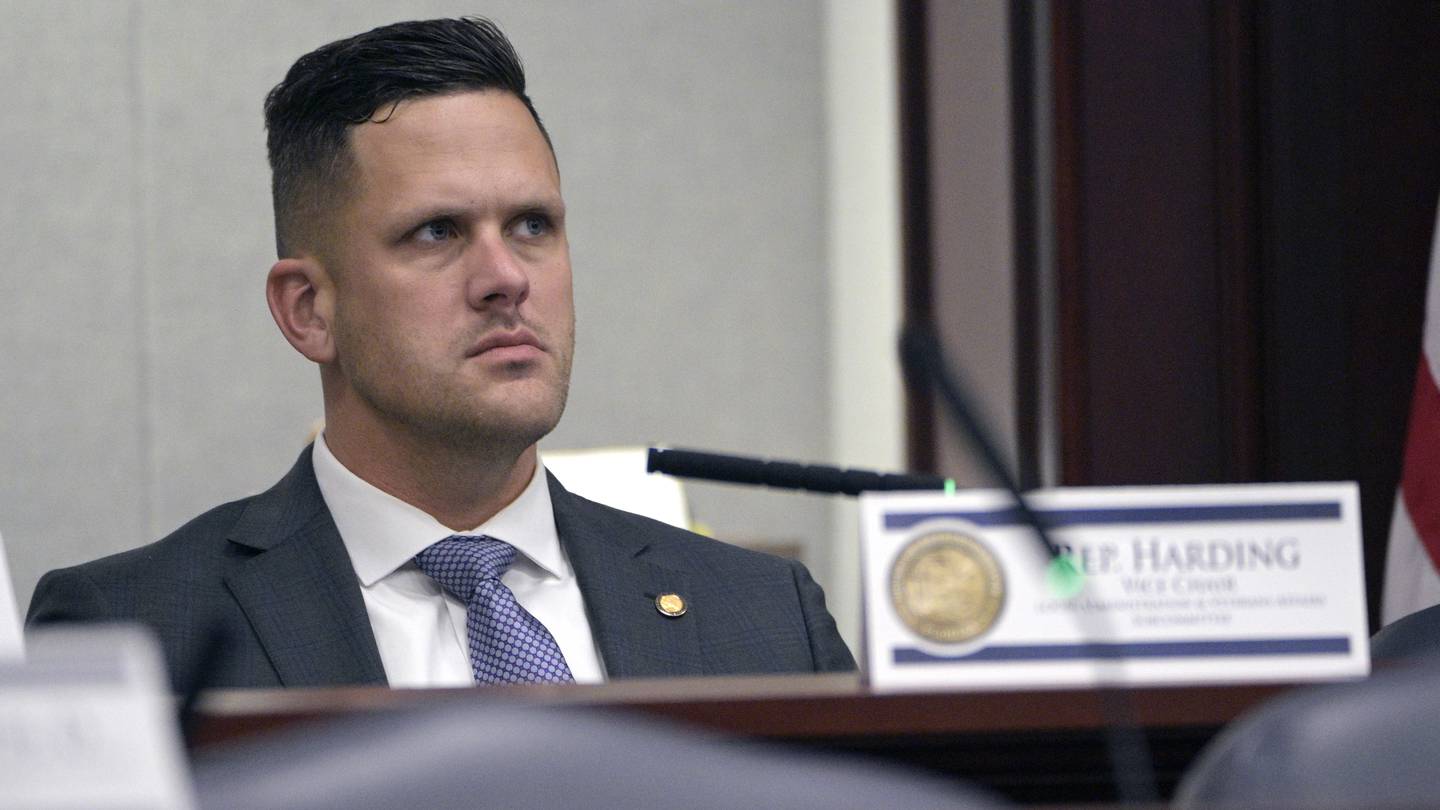Four gay couples entreated the Supreme Court to realize same-sex marriages. The depend turned into raised in Parliament on December 19 through BJP MP Sushil Modi.
He stated, “Same-sex relationships are acceptable, however permitting marriages among same-sex couples will create troubles withinside the sensitive stability of society.” Sushil Modi went on to feature that judges can’t take a seat down collectively and determine on this sort of socially large subject (same-sex marriage).
On Tuesday, he reiterated that Indian society is “now no longer ready” to simply accept same-sex marriage. But a few leftist and liberal activists went to the Supreme Court and requested it to legalise same-sex marriage, he pointed out. The authorities has adverse it withinside the Supreme Court in an affidavit, he pointed out.
His feedback have created a furore and earned the ire of the LGBTQIA network throughout the country
As Sushil Modi asserts that masses of Acts might want to be modified to legalise same-sex marriage, it’s miles pertinent to study what the laws in India say approximately same-sex relationships and marriages and the way they’ve developed over the years.
THE LAW AND RULINGS
Homosexuality persevered to be a crime under Section 377 of the Indian Penal Code, which turned into carried out in 1861. After over 70 years of independence, in 2018, the Supreme Court issued a verdict that Section 377 is unconstitutional because it infringed at the essential rights of autonomy, intimacy, and identity.
Homosexuality in India turned into decriminalised, which intended that same-sex relationships were given a felony stamp. However, same-sex marriage turned into now no longer legalised. Since then, the LGBTQIA network has been asking the authorities to border laws to permit same-sex marriage, adoption through same-sex couples and inheritance rights.
The network can get rights and advantages same to married couples as a stay-in couple (anagolous to cohabitation), as in line with any other judgment. But a same-sex couple can’t tie a nuptial knot.
HARYANA CASE
In a landmark verdict in 2011, a Haryana court granted felony reputation to a same-sex marriage related to ladies. The couple obtained threats, however the ladies didn’t deliver up.
In October 2017, a set of residents proposed a draft of a brand new Uniform Civil Code that could legalise same-sex marriage to the Law Commission of India.
UTTARAKHAND RULING
A take hold of of same-sex marriage petitions is pending in diverse courts throughout India. On June 12, 2020, the Uttarakhand High Court mentioned that whilst same-sex couples won’t be eligible to tie the knot yet, they nonetheless have the proper to stay collectively.
In the ruling, Justice Sharad Kumar Sharma observed: “…despite the fact that the parties, who’re residing collectively aleven though they’re belonging to the same gender; they’re now no longer equipped to go into right into a wedlock, however nonetheless they’ve got a proper to stay collectively even outdoor the wedlock.”
On December 16, 2021, the Uttarakhand High Court ordered on the spot police safety to a gay couple (each men) in a stay-in relationship. It stated, “Persons, who’re major, have a essential proper to pick their personal life-partners, notwithstanding the competition voiced through the own circle of relatives members.”
SC DEFINITION
This year, a ruling through the Supreme Court widened the definition of households to stay-in couples including LGBTQIA, thereby supplying LGBTQIA couples rights and advantages same to that of married couples.
On April 2 this year, NCP chief Supriya Sule added a personal member’s Bill that sought to provide same rights of marriage to the LGBTQIA network beneathneath Special Marriage Act, 1954.
The Bill additionally stated LGBTQIA people are nonetheless not able to marry and create their personal households. LGBTQIA couples haven’t any get right of entry to to rights that heterosexual couples are entitled to upon marriage, inclusive of succession, protection and pensions, etc. Therefore, it’s miles of extreme significance to amend the Special Marriage Act, 1954, to legalise same-sex marriage, and offer felony reputation to married LGBTQIA couples.
PUBLIC OPINION
“Don’t make India like a western country. Don’t make India like America,” Sushil Modi brought whilst opposing same-sex marriage.
His feedback additionally spark off one to study the research that replicate public opinion at the issue.
An Ipsos LGBT+ Pride 2021 Global Survey found out that 44% of Indian human beings had been in favour of legalising same-sex marriage, 14% of Indians had been in help of permitting a few sort of felony reputation for same-sex couples with 18% adverse and 25% selected now no longer to provide their opinion. Besides, it discovered that 56% of Indians’ contemporary perspectives on same-sex marriage are special than they had been 5 years ago.
A survey through the Varkey Foundation performed among September and October 2016, discovered that help for same-sex marriage turned into better amongst 18-21 12 months olds at 53%.
So, the query is why can’t the nation understand same-sex marriage, whilst same-sex relationships had been legalized? A debate on that is paramount. Because we can’t forget about the fact for too long. More petitions are covered up. Petitions that pose any other query: What is extra important: An institution (marriage) that is devoid of affection or a love that doesn’t observe any institution?





0